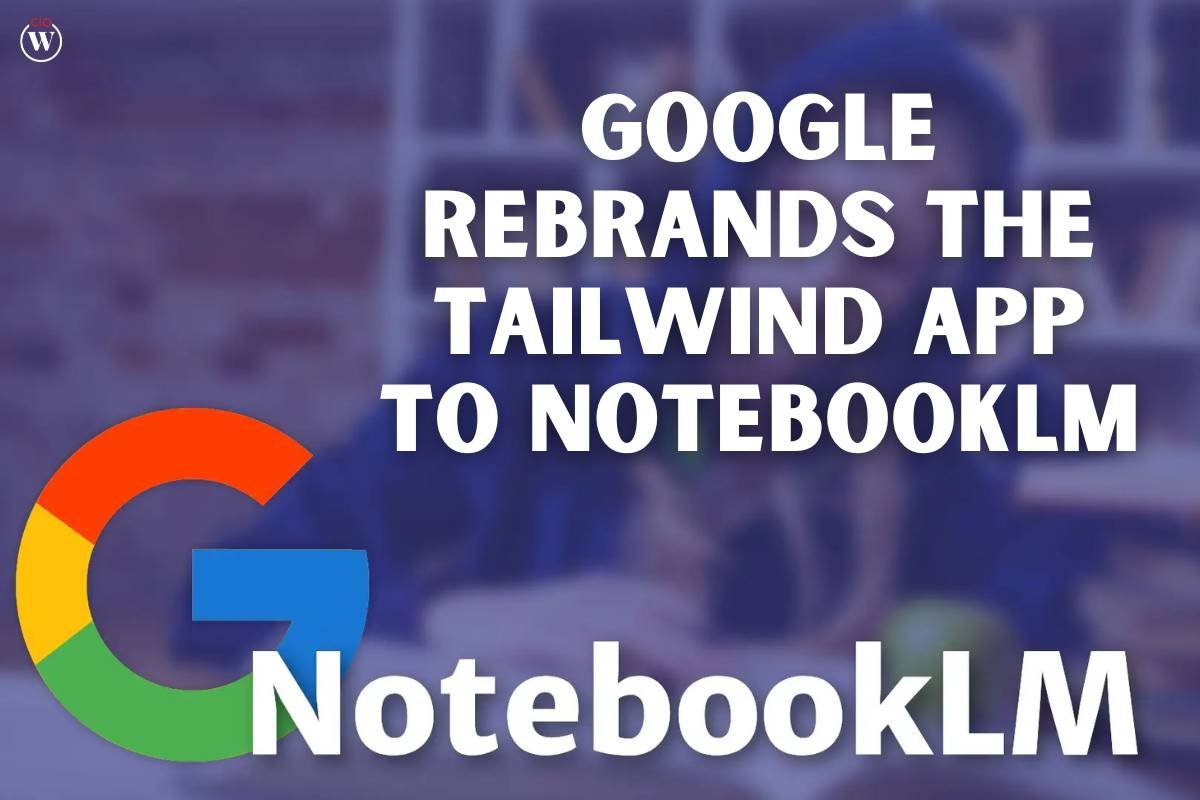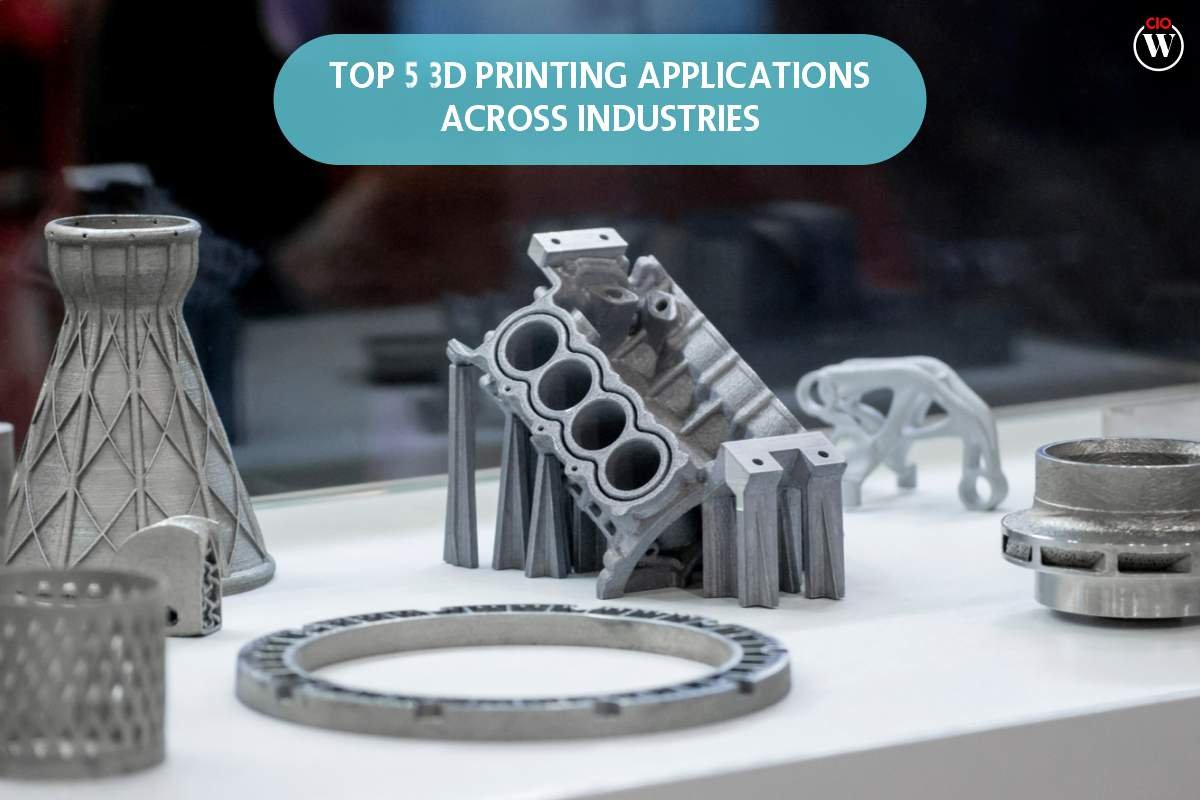The AI-powered note-taking application that Google unveiled at the I/O developer conference this year is changing its name to Project Tailwind. It’s now called NotebookLM, and it’s debuting today to “a small group of users in the US,” according to a Google blog post. (The LM stands for Language Model because Google wants to be quite certain that you don’t overlook all the AI in here). However, the product hasn’t changed: Google is still working to provide consumers with access to a customized AI that has been educated on their data and notes and can assist them in making sense of it all.
Resemblance of Google Docs
The heart of NotebookLM appears to have its origins in Google Docs. “We’ll be adding additional formats soon,” the blog post promises. Once you have access to the app, you may choose a number of documents and use NotebookLM to query them or even build new things with them.
Google offers several suggestions for things you may do with NotebookLM, including automatically summarising a lengthy document or creating a script from a video outline. Even back at I/O, Google’s samples appeared to be mostly aimed towards students: for example, you might ask NotebookLM to give you a rundown of all the Peloponnesian War information you’ve acquired this semester or to give you a review of your class notes for the week.
Scope for Customization
These are the types of features you’ll read about in almost any artificial intelligence product, but Google is betting that by restricting the underlying model to the data you’ve provided yourself, it can both enhance the model’s replies and also lessen its propensity to confidently lie about everything. (Google is not alone in this approach, either; Dropbox, Mem, Notion, and many more are working on their own versions of hyper-targeted AI technologies).
It should be simpler to rapidly fact-check the automatically generated responses with NotebookLM’s built-in citations. Google does, however, caution that NotebookLM might still have hallucinations and that the model may not always be accurate. Of course, it also depends on the details you offer.
More Details about the App
According to Google, the NotebookLM model only has access to the papers you choose to upload; other users cannot see your data, and it is not used to train new AI models. One of the trickiest aspects of a product like this is that Google is asking customers to provide their private information to an AI model in exchange for some practical and beneficial features, and the more sensitive the information is, the more problematic the tradeoff becomes.
Perhaps for this reason, Google is beginning small. In Google Labs, there is still only a waitlist for access to NotebookLM, and the blog article that introduces the product makes the point several times that it is still in its early stages. But in the same way that the Search Generative Experience has the ability to change Google Search, don’t be surprised if NotebookLM resembles Google Drive in the long run.









